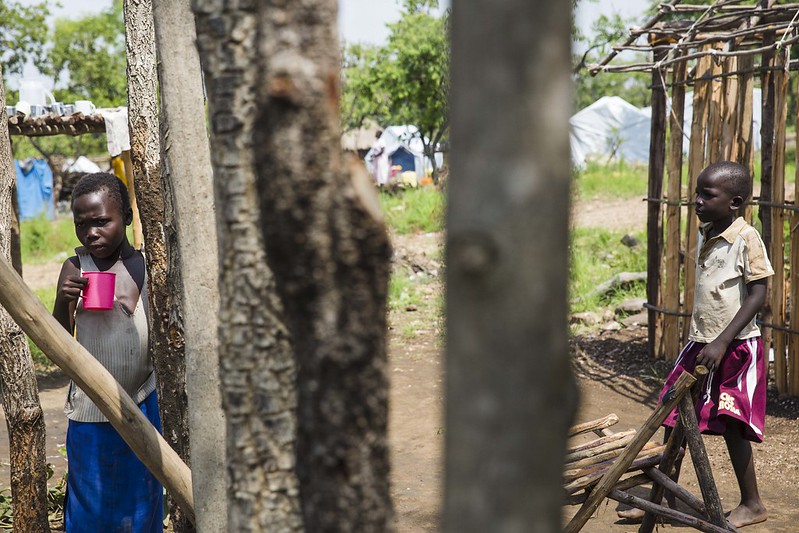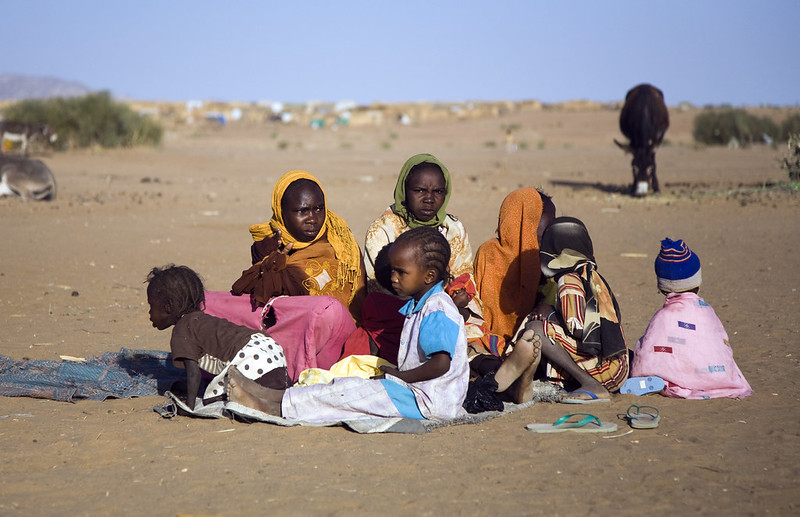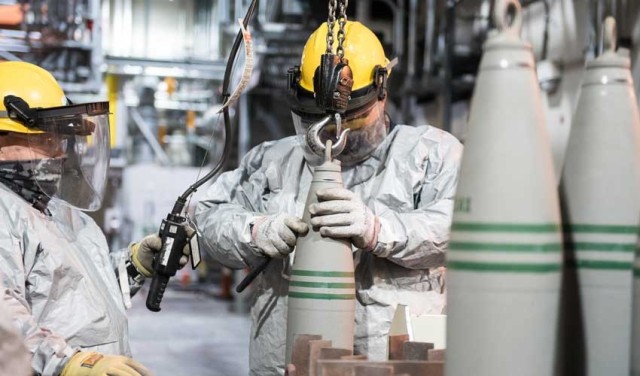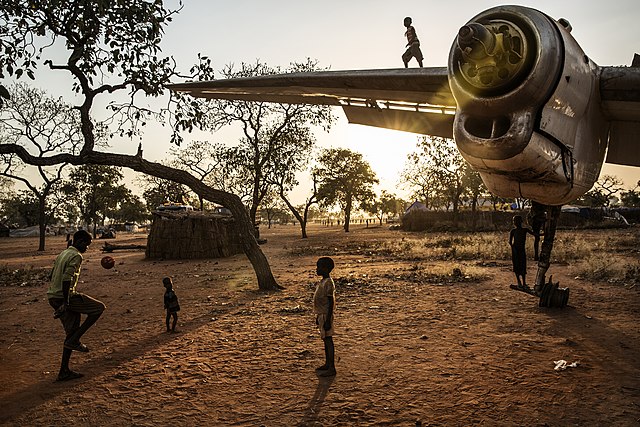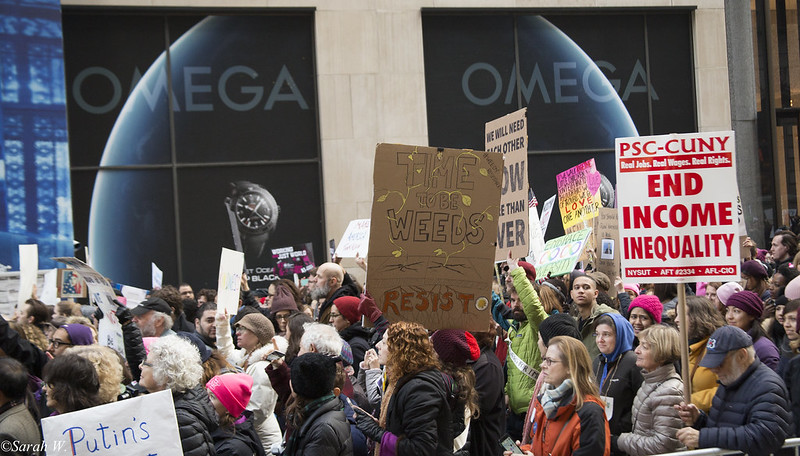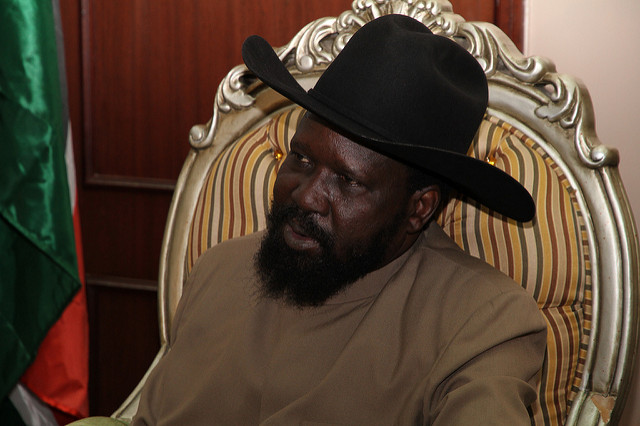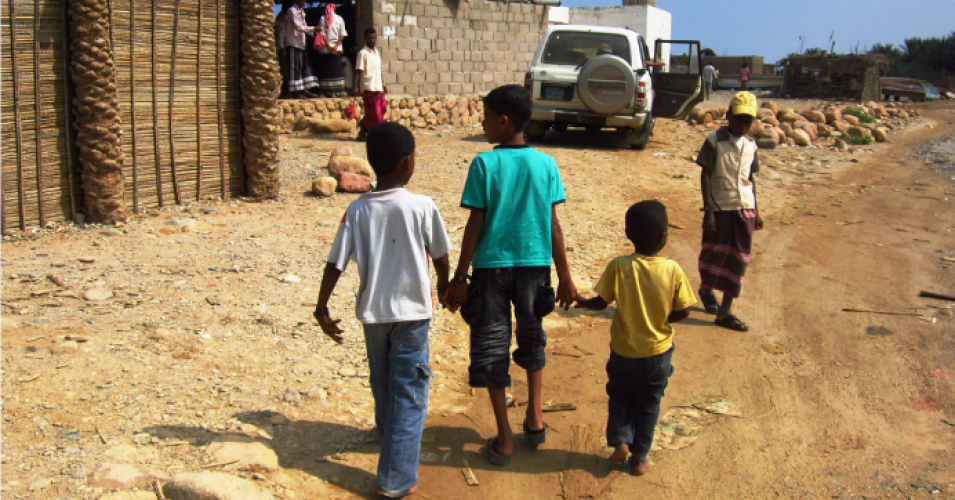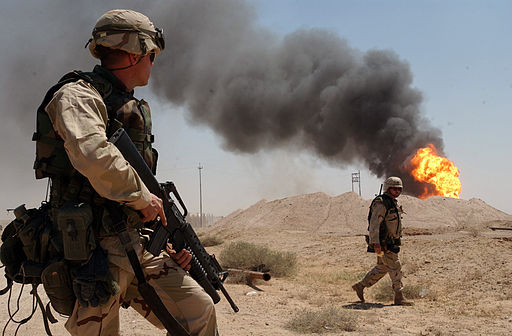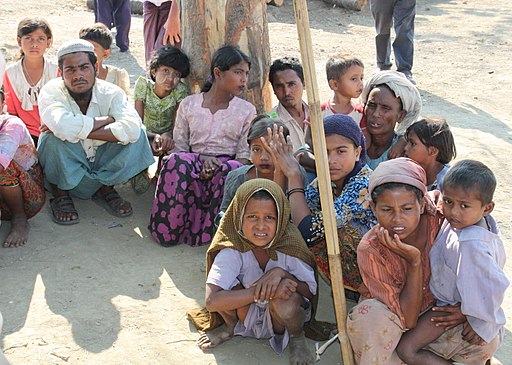
Photo: Foreign and Commonwealth Office via Wikimedia Commons
Vincent A. Auger, Western Illinois University
Since August, the Rohingya, an ethnic minority in Myanmar, has faced what a United Nations official called “a textbook example of ethnic cleansing.”
Recent reports describe a campaign by Myanmar security forces to drive the Rohingya from the country permanently. Hundreds of thousands have fled to camps in neighboring Bangladesh, creating a new refugee crisis.
This is exactly the type of atrocity that the United Nations vowed to combat in 2005, when it asserted a “responsibility to protect” civilian populations from genocidal violence. Yet, little has been done.
Why has “the responsibility to protect” failed, and can the Rohingya be helped?
Responsibility to protect
The “responsibility to protect” doctrine resulted from the humanitarian catastrophes of the 1990s: Somalia, Bosnia, Kosovo and especially Rwanda. The world struggled to balance respect for state sovereignty with the imperative to prevent the slaughter of civilians. In 2001, the International Commission on Intervention and State Sovereignty issued a report redefining the problem. It stated that states had primary responsibility to protect their populations. But, if they could not or would not, then that duty could be exercised by the international community.
This concept was affirmed by the United Nations at the 2005 World Summit. However, my research on the origins and implementation of the responsibility to protect has demonstrated that this consensus was superficial. Many states, including the United States and China, gave lip service to a “responsibility to protect,” but were unwilling or unable to implement it. The conditions under which the responsibility to protect could be invoked remain deliberately ambiguous.
Words in action: Libya and Cote d’Ivoire
Despite this tepid support, in 2011, the United Nations authorized two operations in countries where civilians were at risk.
In Cote d’Ivoire, United Nations peacekeeping forces intervened to remove the incumbent president, Laurent Gbagbo, who had lost an election and was using the country’s security force to attack civilians in an attempt to remain in power. U.N. forces helped oversee a political transition and maintain security. This intervention was widely seen at the U.N. as a success.
The other intervention was in Libya, after the country’s leader Muammar Gaddafi threatened to slaughter those who opposed his regime. The intervention – led by Britain, France and the United States – successfully prevented Gaddafi’s slaughter of civilians. But it also led to the collapse of his regime, his murder by rebel forces and continuing conflict in post-Gaddafi Libya.
Failure to protect
Despite humanitarian crises in Syria, Yemen and South Sudan, the responsibility to protect has not been used by the U.N. since 2011 to justify intervention. The Libya case helps to explain this: Once the intervening forces helped overthrow Gaddafi, Russia and China declared that the “responsibility to protect” was merely a pretext for the West to conduct regime change. Those countries have repeatedly vetoed U.N. Security Council resolutions on Syria.
Implementing the “responsibility to protect” faces other challenges as well. One is that an intervention to protect civilians may encounter armed resistance from those who are committing the atrocities, as would likely be the case in Syria. A larger, more capable international military force would be necessary to defeat them. Many states will be deterred by the greater costs and risks of such an intervention.
Another challenge is that states and international organizations have multiple goals and priorities. They may not wish to jeopardize relations with the offending regime, or risk other national interests, in order to stop violence. They may even help the regime that is committing the atrocities, as the Russian government has done in Syria, to advance those interests.
Finally, a successful intervention may lead to a costly commitment to provide long-term security and relief – a “responsibility to rebuild,” so to speak. For most states, these potential costs of intervention far outweigh their willingness to act to save lives.
What can we do for the Rohingya?
All these challenges to implementing the responsibility to protect are evident in the Rohingya case. Myanmar authorities have resisted any international role in the crisis, raising the cost of potential intervention. In any case, other states have little interest in taking action. China is shielding Myanmar from pressure in the U.N. Security Council and is trying to pull Myanmar into its sphere of influence. President Trump has not made Myanmar a priority for American foreign policy. Russia, India and other states prefer to work with the regime to further their own interests in the region.
What can be done, then?
Economic and political sanctions against the Myanmar military are a possibility. But without Chinese participation, they would have limited effectiveness. Sanctions might also lead the Myanmar military to reverse recent democratic reforms in the country.
An alternative would be for the United States and other countries to sharply increase aid to Bangladesh, which is hosting the fleeing Rohingya civilians. They might also consider accepting some Rohingya as refugees. However, this could be problematic given the current debate on refugees in the United States and many other countries.
 In the longer term, diplomatic and financial pressure, as well as the possibility of indictment for crimes against humanity, may convince Myanmar’s military leaders to cease the ethnic cleansing and allow some Rohingya to return. Unfortunately, no international cavalry is likely to ride to the Rohingya’s rescue.
In the longer term, diplomatic and financial pressure, as well as the possibility of indictment for crimes against humanity, may convince Myanmar’s military leaders to cease the ethnic cleansing and allow some Rohingya to return. Unfortunately, no international cavalry is likely to ride to the Rohingya’s rescue.
Vincent A. Auger, Professor of Political Science, Western Illinois University
This article was originally published on The Conversation. Read the original article.
